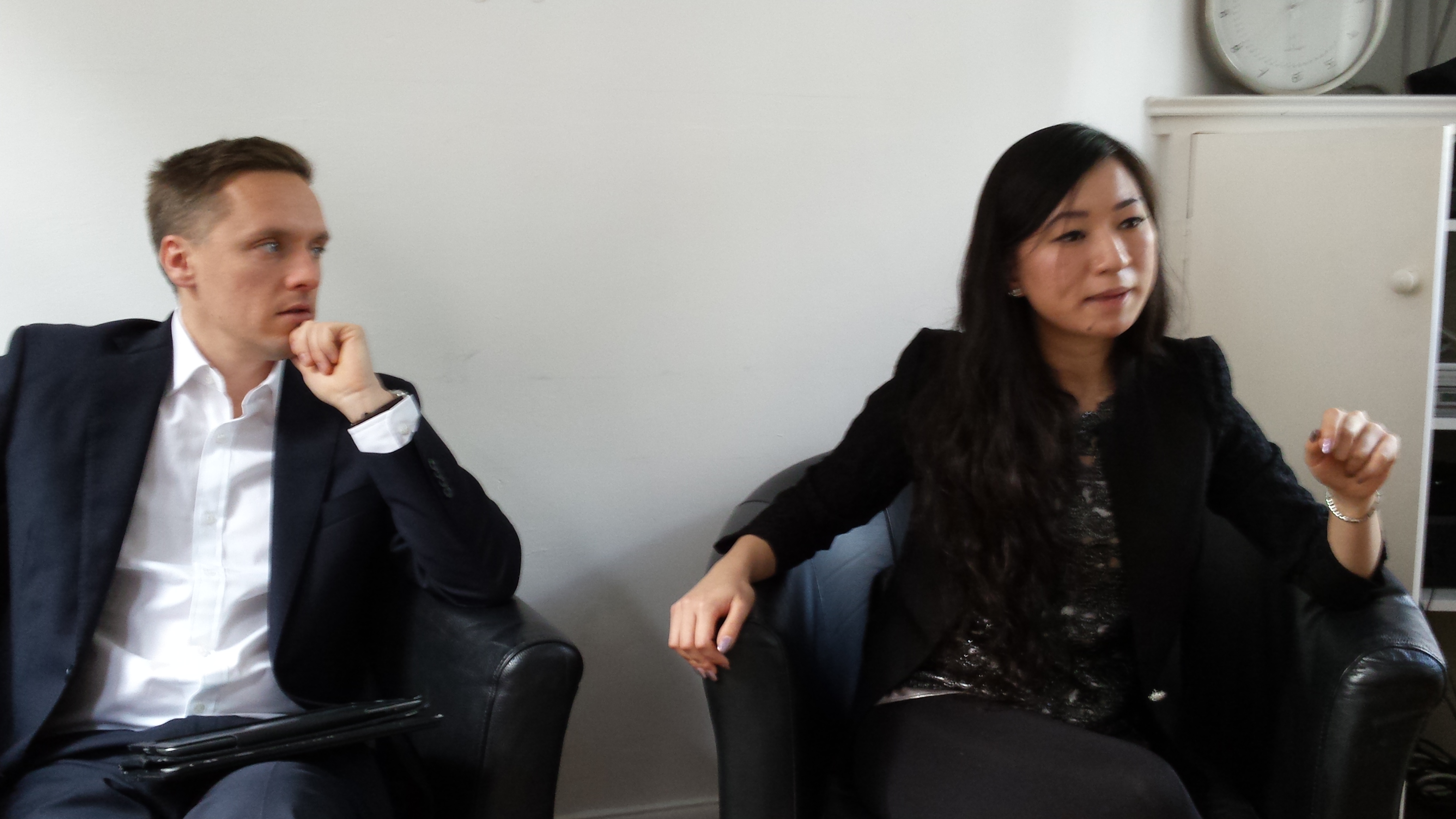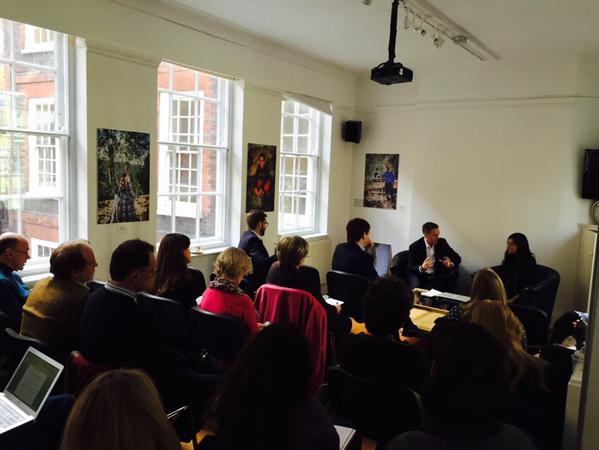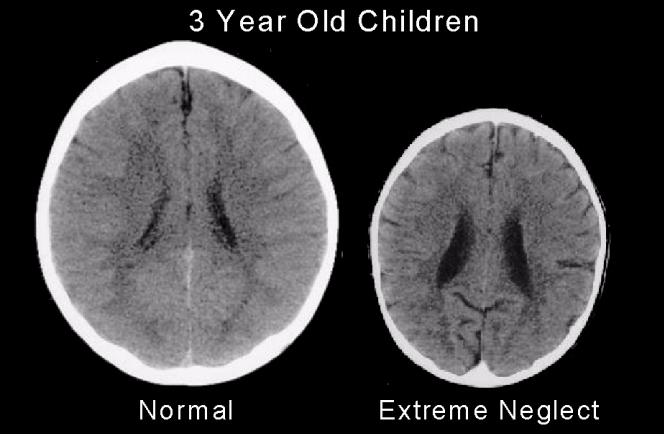Psychosocial and mental health support for Syrian and Palestinian refugees
Caabu briefing with Alexandra Chen
On 27 February, Caabu held a briefing on psychosocial and mental health support for Syrian and Palestinian refugees with Alexandra Chen, chaired by James Denselow, Director of Advocacy and Communications for Medical Aid for Palestinians (MAP).
Alexandra Chen is a child protection and mental health specialist working with refugees in conflict and post-conflict zones. Alexandra graduated from Harvard University (A.B., A.M.), and has worked over the last several years in the Middle East and Africa, most recently as mental health and psychosocial Advisor to the UN on the Syria crisis.

Alexandra began talking about the huge scale of the Syria crisis. There are over 3.8 million Syrian refugees today, and Alexandra emphasised the importance of a long term focus, when responding to crises like Syria. She spoke about how Syrian refugees, now feeling that they were facing a long term situation, were looking at the situation of Palestinian refugees.
She then explained the differences between trauma; namely horrific trauma and Toxic stress, and their impact on early childhood. Toxic stress can be caused by long-term patterns of abuse, neglect and adversity experienced without adequate support. Dealing with toxic stress therefore moves away from clinical approach, it is not just about healing but coping and resilience. The effects of toxic stress are particularly felt in early years (0-3), when the brain is most elastic. Toxic stress can derail normal development and affect the child’s ability to learn by reducing the number of potential neural pathways in the brain.
Children refugees in Lebanon suffer from both trauma and toxic stress. (More info on this can be found on the Harvard University Center for Developing Child webiste here)
Alexandra illustrated the health situation that Syrian children refugees were facing with the terryfing picture below.
The CT scan on the left is an image from a healthy three-year-old with an average head size. The image on the right is from a three-year-old child suffering from severe sensory-deprivation neglect.
Alexandra also mentioned that there was a focus on aid and care for women and girls. However, men and boys are very vulnerable and need help too. There is no investment in male refugees and they have seen the worst of the war and have been humiliated. The crisis in gender norms needs to be addressed.
Alexandra emphasized the importance of intervening and informing early, and investing in caregivers who can help out mothers who have several children.
“Schools are a petri-dish of mental health disorders” said Alexandra. Not only children suffer from toxic stress, but also teachers do. They get angry, they hit, which has led to high dropout rates."
Alexandra spoke about language being a huge issue for international psychotherapists working in Lebanon who cannot speak the local language. Psychotherapy cannot be done through an interpreter. Sometimes a little bit of information can be a dangerous thing. Therefore, psychotherapists have tried to involve the family, in a more holistic approach, so the therapy has a greater impact and more chances of working out.

Alexandra also noted that refugees had not only lost their homes, but their communities too. It is very important to provide safe spaces for them, where they can talk, socialise and interact. There had been several pilot projects carried out in Lebanon with this purpose, such as a “Shisha Tent” pilot project, which had worked really well for refugees and for psychotherapits because in a more relaxed atmosphere refugees would open up and speak about mental health issues.
She praised the fantastic work that small local organisations were doing on the ground, and highlighted the need for the projects being carried out. She stressed the importance of keeping a record of all these activities, and encouraged the organisations and individuals involved in them to do so. If projects conducted by small organisations prove to have a successful impact on the refugee population, then big donors will be more willing to implement them on a bigger scale.
Alexandra concluded with a very positive sentence and we would like to do so too:
“Attempt small, fail small, learn big”

